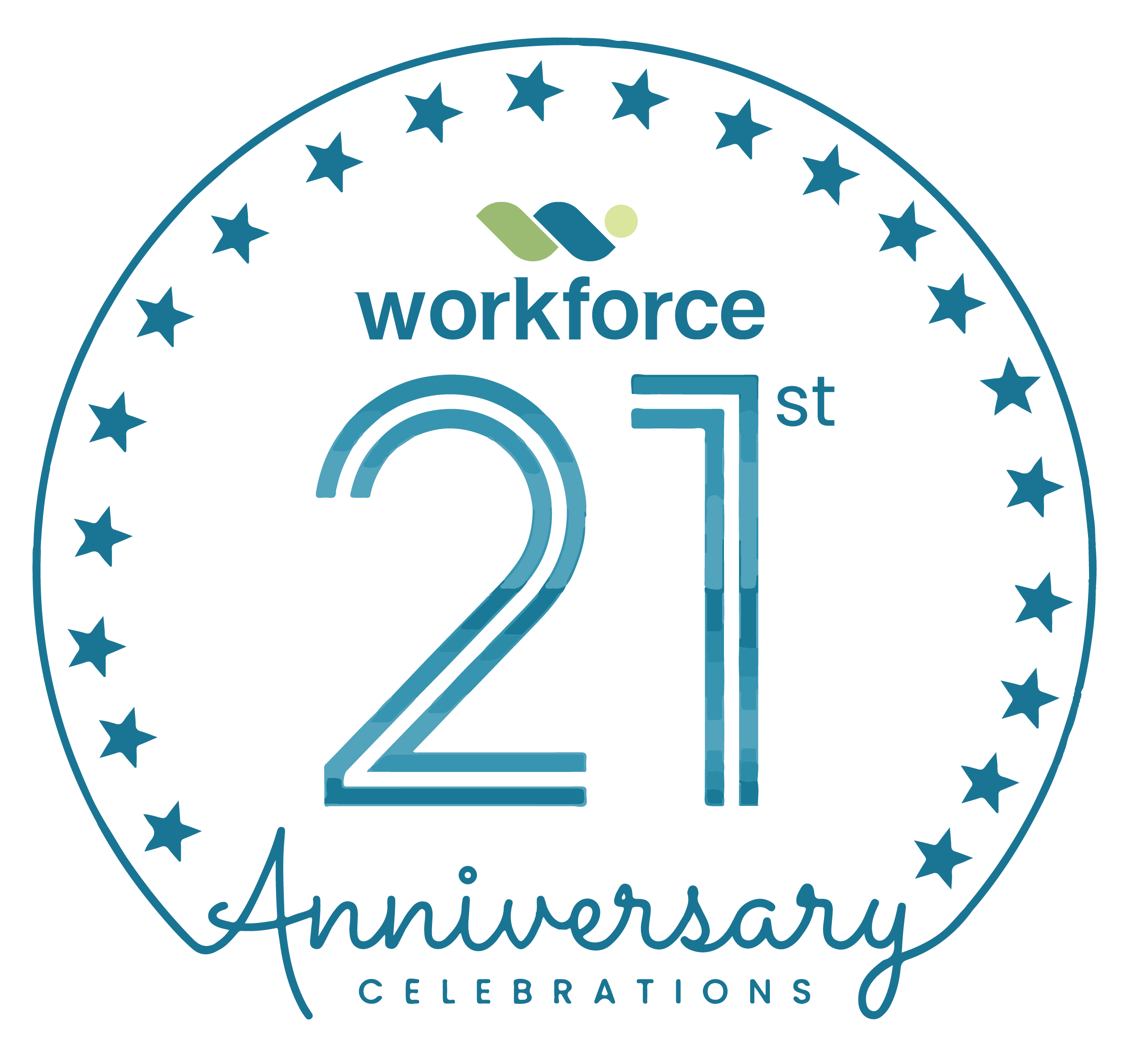In recent years, eLearning in Nigeria has emerged as a revolutionary force in corporate training solutions. As organisations adapt to a fast-changing technological landscape, the need for cost-effective corporate training solutions has become crucial. With businesses in Nigeria seeking to remain competitive in an increasingly globalised economy, adopting online training platforms in Nigeria has proven to be a game-changer.
For HR professionals, Learning and Development (L&D) experts, and corporate trainers, understanding the impact of digital learning solutions is essential. eLearning in Nigeria is not just an alternative to traditional methods—it’s a strategic advantage that enhances learning outcomes, reduces costs, and fosters workforce agility.
This article delves into how eLearning in Nigeria is reshaping corporate training, highlighting their benefits and future prospects, while offering insights for HR professionals and L&D experts in the country.

The Advantages of eLearning for Corporate Training
-
Cost-Effective Corporate Training Solutions
One of the most compelling advantages of eLearning in Nigeria is its cost-effectiveness. Traditional training methods often incur high expenses, including venue rentals, travel costs, printed materials, and instructor fees. By opting for online training platforms, Nigerian companies can eliminate many of these costs. This cost-saving benefit allows businesses to reallocate funds to other essential operations, making it a cost-effective corporate training solution.
-
Scalable Corporate Training Programmes
eLearning platforms in Nigeria offer businesses the ability to scale their training programmes without additional financial burden. Whether a company employs 50 or 5,000 people, scalable online training platforms can accommodate a large number of learners simultaneously. This scalability is particularly advantageous for employee training in Nigerian companies that have geographically dispersed workforces. Employees across cities like Lagos, Abuja, and Port Harcourt can access high-quality content without attending physical sessions.
-
Flexibility and Convenience in Corporate Learning
In today’s fast-paced business environment, finding time for training can be challenging. Mobile learning in Nigeria offers unmatched flexibility, allowing employees to engage with training content at their own pace and on their own schedules. This is particularly valuable in Nigeria, where traffic congestion can hinder access to in-person training sessions. With mobile learning, employees can study from the comfort of their homes or offices using smartphones, tablets, or computers, enhancing the convenience of corporate training.
-
Personalised Learning Experiences
Many eLearning platforms in Nigeria incorporate adaptive learning technologies, tailoring content to meet the individual needs of each learner. This personalisation ensures that employees receive relevant training aligned with their roles, skill levels, and learning preferences. For HR professionals and L&D experts, this results in more effective training and a higher return on investment (ROI) for corporate training programmes.
-
Real-Time Tracking and Analytics for Corporate Training
A major benefit of eLearning for Nigerian companies is the ability to monitor employee progress in real-time. HR and L&D professionals can track learner engagement, course completion rates, and performance metrics through detailed analytics dashboards. This data-driven approach provides insights that can help identify training gaps, measure effectiveness, and refine future training programmes.
-
Consistency in Training Delivery
Traditional training often suffers from inconsistencies based on the trainer’s expertise and delivery style. eLearning platforms ensure that all employees receive standardised content, maintaining high-quality instruction across the board. This consistency is crucial for Nigerian companies in highly regulated industries such as banking, healthcare, and oil and gas, where compliance standards must be met.

The Future of eLearning in Corporate Training
As Nigeria continues to embrace digital transformation, the future of eLearning in Nigeria looks promising. Several trends are expected to shape the corporate training landscape in the years to come:
-
Mobile Learning (mLearning) in Corporate Training
With smartphones becoming ubiquitous in Nigeria, mobile learning in Nigeria is set to dominate corporate training. mLearning offers employees the ability to access training content while on the go, making it more accessible and convenient. HR and L&D professionals should prioritise mobile-friendly eLearning platforms to capitalise on this trend.
-
Gamification in Corporate Training
Gamification, the integration of game elements into training, is gaining traction in the eLearning sector. By introducing features like points, badges, and leaderboards, gamification enhances employee engagement and motivation. Nigerian companies can use this approach to make training more interactive and enjoyable, particularly for younger employees familiar with digital gaming.
-
Virtual Reality (VR) and Augmented Reality (AR) in Training
While still emerging, Virtual Reality (VR) and Augmented Reality (AR) offer immense potential for corporate training. For example, employees in the oil and gas sector could use VR simulations to practice safety procedures without real-world risks. As these technologies become more affordable and accessible, Nigerian companies should explore their applications in corporate training.
-
Artificial Intelligence (AI) and Machine Learning in eLearning
AI and machine learning are revolutionising eLearning platforms by enabling personalised learning, predictive analytics, and intelligent tutoring systems. HR and L&D professionals can use AI to identify skill gaps, recommend custom learning paths, and predict future training needs, thereby enhancing training outcomes.
-
Collaborative Learning in Corporate Training
Collaborative learning is becoming increasingly important in the digital training world. Platforms that facilitate discussion forums, virtual classrooms, and group learning projects encourage employees to share knowledge and collaborate. Nigerian companies can harness collaborative learning to foster a culture of continuous learning and knowledge-sharing.
Conclusion
The impact of eLearning on employee training is transformative. By providing cost-effective training solutions, scalable learning options, and flexible delivery methods, eLearning is reshaping how Nigerian companies develop their workforce. For HR and L&D professionals, adopting eLearning platforms represents an opportunity to enhance skills, boost productivity, and drive business success.
Looking forward, it’s clear that eLearning will continue to play a central role in Nigeria’s corporate training landscape. The challenge is not whether to adopt eLearning, but how to do so in a way that is both effective and strategic. The time to act is now.
At Workforce Group, we help organisations unlock the full potential of eLearning platforms to achieve their training and development goals. Whether you’re looking to implement a new online training platform or improve existing training programmes, our team is here to guide you every step of the way. Contact us at hello@workforcegroup.com to schedule a free consultation today. Let’s work together to build a more skilled, engaged, and productive workforce for your business.

